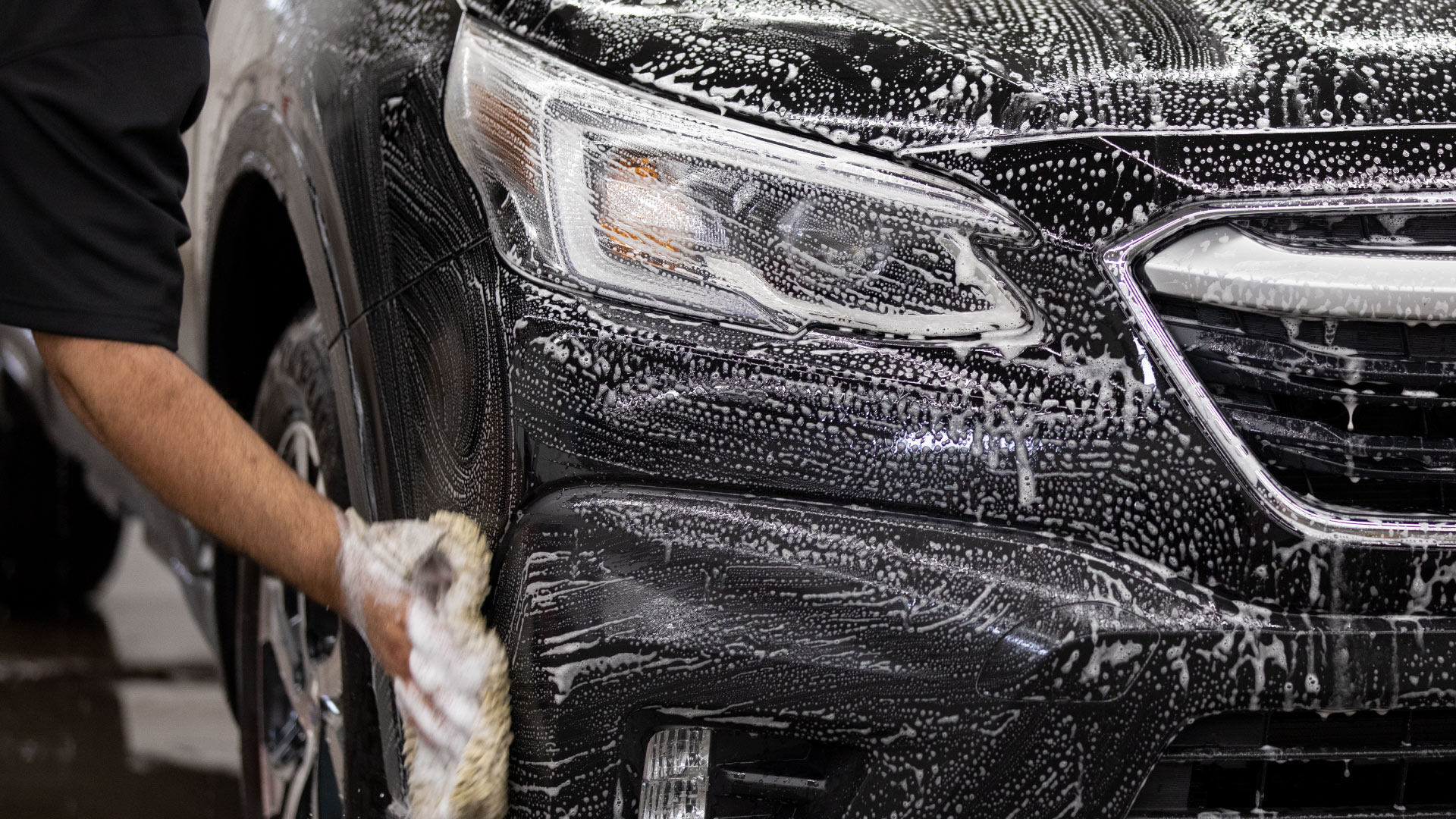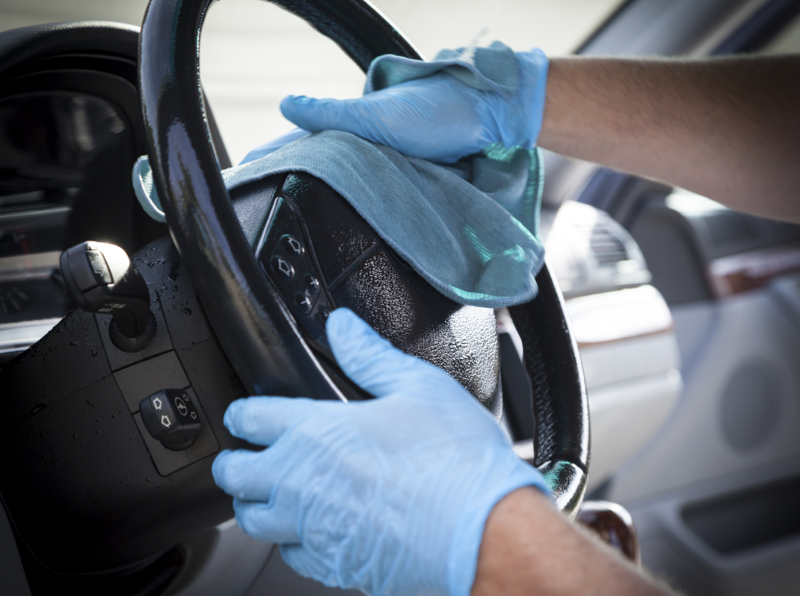Dependable Rochester Car Care to Keep Your Vehicle in Prime Condition
Dependable Rochester Car Care to Keep Your Vehicle in Prime Condition
Blog Article
Unlock the Secrets to Exceptional Vehicle Treatment for Optimum Efficiency
Recognizing the subtleties of extraordinary cars and truck treatment is important for accomplishing optimal performance and guaranteeing your automobile's durability. Regular upkeep practices, from fluid checks to tire monitoring, play a pivotal duty in preventing unexpected failures and improving your driving experience. Nonetheless, lots of car owners forget essential aspects that can significantly influence effectiveness and security. By exploring the ins and outs of brake upkeep and seasonal preparations, one can uncover strategies that not just improve performance however additionally prolong the life of the automobile. What particular components should be prioritized to accomplish these benefits?
Relevance of Regular Upkeep
Routine upkeep is crucial for making certain the longevity and ideal efficiency of any type of lorry. Complying with a regular upkeep schedule not just boosts the driving experience but also decreases the risk of unforeseen failures. Normal evaluations and timely maintenance can identify possible concerns prior to they escalate into more considerable issues, eventually conserving drivers both money and time.
Additionally, routine maintenance plays a critical role in maintaining the automobile's resale worth. A well-kept lorry is more appealing to prospective customers and can command a greater cost in the market. This is particularly essential in an affordable vehicle landscape where buyers commonly focus on dependability and solution history.
Additionally, routine upkeep contributes to improved gas effectiveness and safety and security. Parts such as brakes, tires, and suspension systems require regular checks to guarantee they operate effectively. Rochester Car Care. Neglecting these aspects can lead to reduced efficiency and enhanced fuel intake, as well as enhanced dangers on the roadway
Essential Liquids and Their Functions
4 crucial liquids play a vital duty in the optimal functioning of an automobile: engine oil, coolant, transmission fluid, and brake fluid. Each of these liquids serves a particular objective, contributing to the general efficiency and security of your car.
Engine oil lubes the moving parts within the engine, minimizing friction and wear. It additionally helps to dissipate heat, making sure that the engine runs at an ideal temperature level. Routine oil modifications are crucial to maintaining engine long life.
Coolant, or antifreeze, manages the engine's temperature level by taking in heat and stopping overheating. It distributes through the engine and radiator, preserving an effective thermal equilibrium. Rochester Car Care. Keeping the coolant at the best degrees is crucial for preventing engine damages
Transmission liquid oils the gears and components of the transmission, promoting smooth gear shifts and enhancing general efficiency. It additionally aids to cool the transmission, guaranteeing it works properly under different driving problems.
Brake liquid is vital for the operation of the braking system. It sends the pressure from the brake pedal to the brake components, enabling effective quiting power. Regular checks and substitutes of brake fluid are essential for risk-free driving.

Tire Treatment and Substitute Tips
Correct tire treatment is necessary for making sure lorry safety and security and performance when traveling. Routinely examining tire stress is among the most critical facets of tire upkeep. Under-inflated tires can bring about enhanced damage, lowered gas efficiency, and jeopardized handling. Conversely, over-inflation can create uneven walk wear and increase the danger of blowouts. It is advisable to examine tire stress at the very least when a month and eventually journeys, making use of a dependable stress scale.
Additionally, regularly inspect tire walk deepness. A minimal step depth of 2/32 of an inch is suggested for secure driving; nonetheless, much deeper treads give much better grip in damp problems. Utilize the "cent test" by inserting a dime into the walk-- if you can see Lincoln's entire head, it's time to replace the tires.
Turning of tires ought Home Page to be carried out every 5,000 to 7,500 miles to advertise also put on. Lastly, watch out for visible indicators of wear, such as fractures or bulges, as these can indicate that substitute is required. By following these standards, you can improve your vehicle's efficiency and expand the life-span of your tires.
Brake System Maintenance
The brake system is a vital part of car safety and security, straight affecting stopping power and total driving performance. Routine upkeep of this system is critical to guarantee optimal performance and long life.

Pay attention for uncommon noises, such as squeaking or grinding, which might show that the brake pads are worn or that there are issues with various other components. Additionally, if you experience a soft or squishy brake pedal, this may signal a requirement to look for air in the brake lines or possible leaks in the system.
Last but not least, ensure that brake lights function correctly, as they are vital for safe driving. By sticking to these upkeep methods, you can improve your lorry's stopping performance and guarantee a much safer driving experience.
Seasonal Car Preparations
As seasons change, car preparedness comes to be important for maintaining safety and performance on the road. Each period offers one-of-a-kind difficulties that can impact your vehicle's efficiency and reliability. Therefore, seasonal lorry preparations are important for ideal procedure.
In spring, concentrate on checking the battery, as temperature fluctuations can influence its efficiency. Guarantee that windscreen wipers are operating appropriately to manage spring showers and examine tire stress, which can change with warmer temperature levels.
Summertime demands attention to cooling down systems. Check coolant levels and tubes to click resources stop overheating during high temperature levels. In addition, guarantee that a/c systems are operating efficiently for convenience throughout journeys.
As fall techniques, get ready for rainfall and falling fallen leaves. Clean the air filter and check brakes to make sure security on slick roadways.
Winter season calls for the most extensive preparations. Switch to winter months tires for better grip and check antifreeze degrees, guaranteeing they satisfy the necessary specifications. Additionally, inspect the battery, as chilly climate can drain power rapidly.
Conclusion
Finally, outstanding automobile care is important to making certain optimal efficiency and long life of vehicles. Routine upkeep, including fluid checks, tire treatment, and brake system maintenance, considerably minimizes the likelihood of unexpected break downs. Seasonal prep work better enhance safety and dependability. By sticking to these techniques, vehicle drivers can improve fuel performance, preserve resale value, and produce a more secure driving setting. Focusing on thorough lorry treatment is crucial for attaining continual vehicle excellence.
By checking out the complexities of brake maintenance and seasonal prep work, one can discover techniques that not just boost performance but also expand the life of the automobile. Elements such as brakes, tires, and suspension systems need periodic checks to guarantee they operate efficiently - Rochester Car Care.Brake liquid is necessary for the operation of the braking system. It sends the force from the brake pedal to the brake components, making it possible for efficient stopping power. Brake liquid absorbs dampness over time, which can lead to deterioration and lessened performance; hence, it must be replaced every 2 years or as recommended by the supplier
Report this page